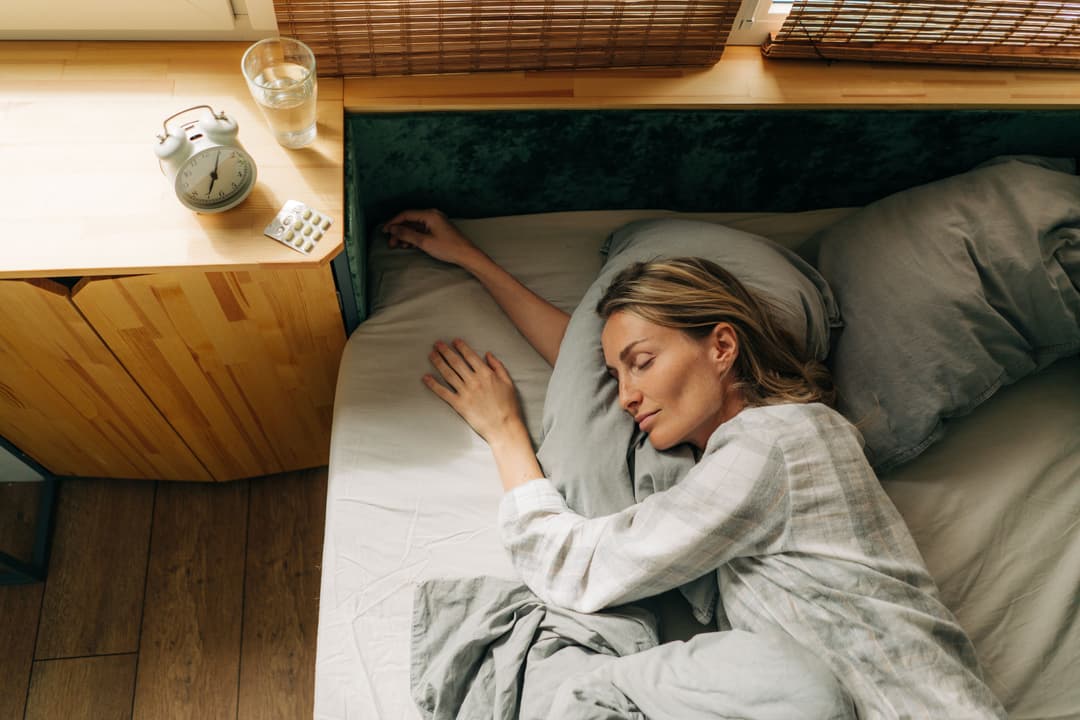
Unleashing the Power of Sleep Hygiene: The Secret to Restful Sleep
Good sleep is a cornerstone of health, a critical component of our well-being, and a subject that demands our focus. Sleep is far from being a passive state; it is a dynamic process involving distinct stages that cycle predictably throughout the night. Rather than merely "shutting down", our brain and body remain active during sleep, with each stage associated with specific brain wave patterns. Therefore, sleep is not a luxury but a necessity.
So how can we develop good sleep hygiene? The first thing that we have to understand is that to develop a sleep habit it requires commitment. Let’s go through it in details:
Embrace Regularity: Our bodies crave consistency, particularly when it comes to sleep. By maintaining regular bed and wake-up times, we set our internal clock, promoting better sleep quality.
Balance Your Diet: The timing and composition of your meals play a significant role in sleep quality. Avoid hitting the hay on an empty stomach or after indulging in an overly large meal. Striking the right balance can make a difference - a light snack before bed won't interrupt your sleep, but overeating or drinking too many fluids can lead to indigestion or frequent bathroom trips, disrupting your rest.
Exercise Smart: Exercise helps improve sleep. Aim for physical activity 3-4 times a week. Evening workouts may help you sleep more soundly, but avoid high-intensity exercise one hour before bed as it could make falling asleep harder.
Dedicate Your Bed to Sleep and Intimacy: Keep your bed for sleep and intimacy only. Avoid studying, eating or long conversations there. This helps your brain link your bed with rest, making it easier to drift off.
Unplug and Remove Electronic Devices: Replacing your phone with a conventional alarm clock and positioning gadgets beyond easy reach establishes a deterrent from glancing at them during sleepless nights.
Create the Ideal Sleep Environment: A dark, quiet, and cool room is perfect for sleep. Invest in a sleep mask or earplugs if needed. Regulate your room's temperature; cooler is better for sleep.
Limit Naps: If you must nap, do it before 3 p.m. and for less than an hour to ensure it doesn't interfere with your nighttime sleep.
Relaxation Techniques: Practice relaxation techniques like deep breathing or visualization before bedtime. These can help you transition to sleep.
Avoid Certain Substances: Be mindful of what you consume. Avoid caffeine, alcohol, and large amounts of sugar. While alcohol may seem to help you sleep, it can actually disrupt the quality of your sleep.
Pre-Sleep Ritual: A warm shower or bath, reading a book, or any calming activity can work as a pre-sleep ritual signalling your body that it's time to sleep.
Recognizing the importance of sleep hygiene, and implementing these habits, can help you turn the tide on restless nights, setting the stage for a rejuvenating, refreshing sleep.
If, despite your best efforts, sound sleep remains elusive, it might be time to consult a healthcare professional. An undiscovered condition could be standing between you and a restful, you can always call SnapMED and we will be happy to help.
Good sleep hygiene is not just about better sleep; it's a ticket to a better health and a more vitalized life. So, let's commit to better sleep hygiene today for a healthier, happier tomorrow.